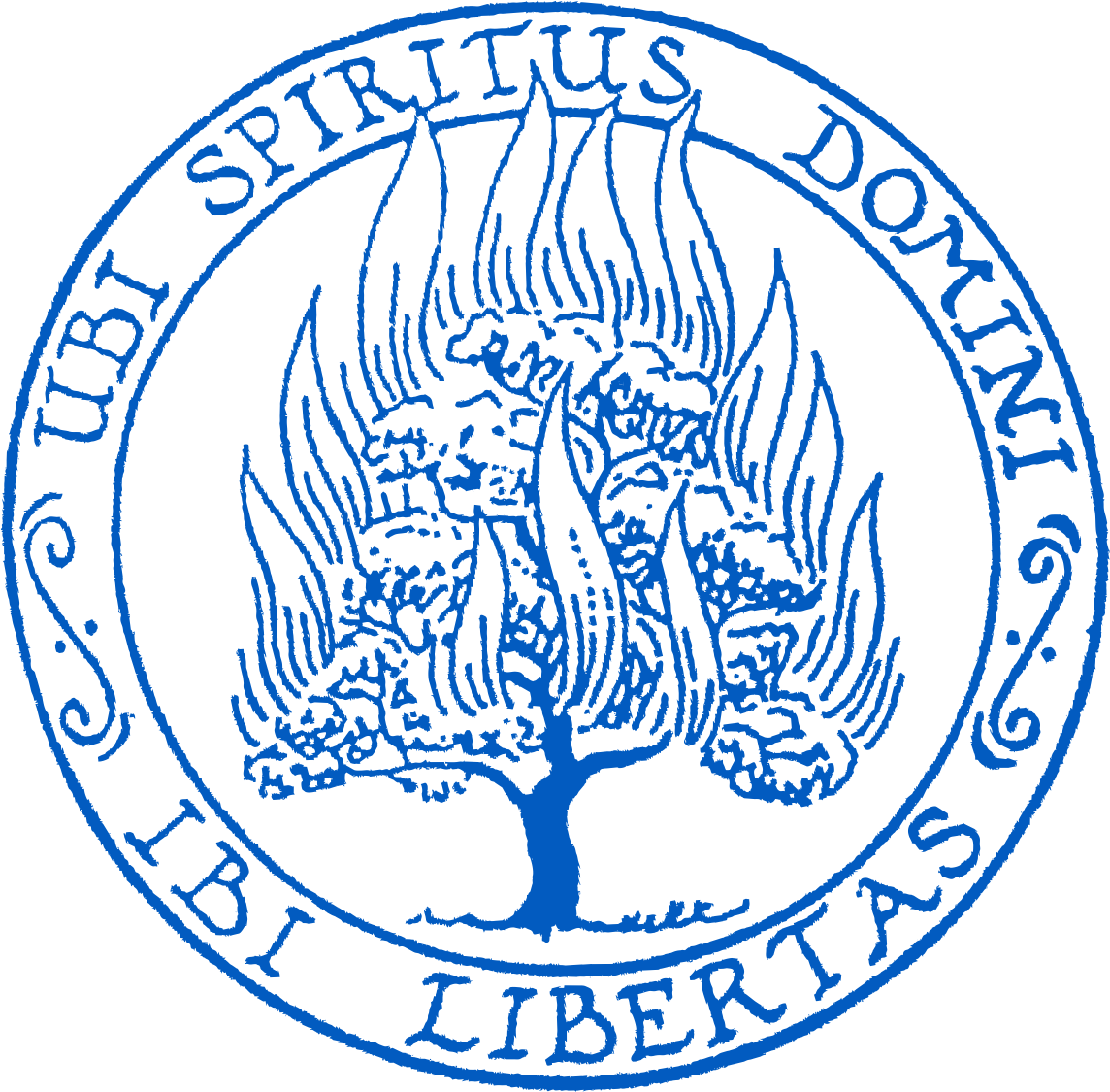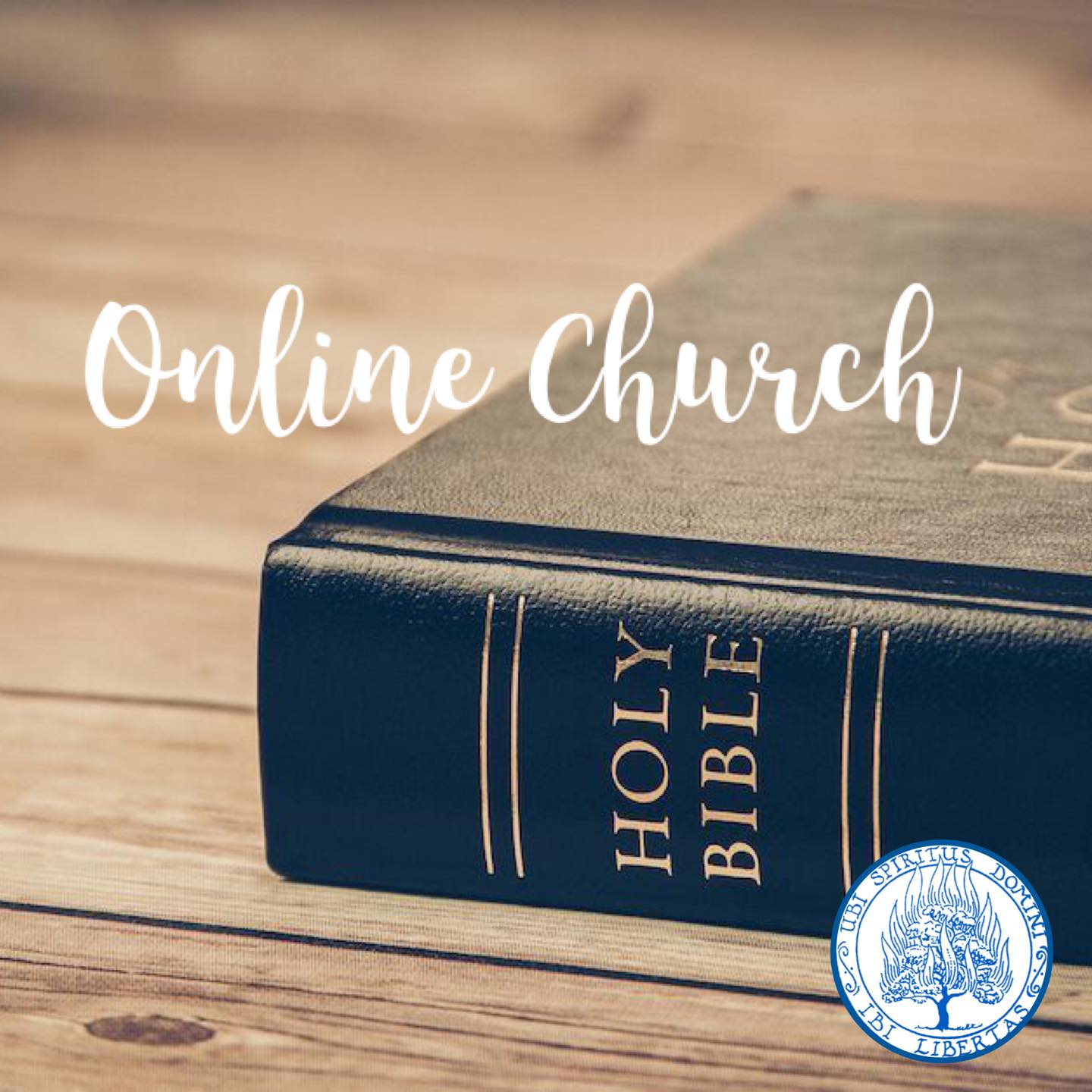Moneyreagh Non-Subscribing Presbyterian church Sunday 2nd February 2020 - Address: ‘A question of recognition’.
Rev. Chris Wilson
Friends, do you ever mistake identity? You know the kind of thing, you think you know who someone is, but when you seek to confirm your feelings, your intuition, it turns out to be someone completely different?
I recall when I lived in Cambridge. Sandra and I had a friend, Frank. In those days, we were out most nights (this was long-before the children came along) attending meetings of one kind or enough. Frank would do the same, but for some reason whenever we met, he would always call me Keith.
It was alright – at least for a while. We all get names wrong, and in ministry it is an occupational hazard, so for a good while I let it go. That is, until one meeting when having referred to me by the wrong name for the whole evening, I thought to myself, that I really must (gently) correct him.
So, at the meeting’s close, I went up to have a word. “Frank, by the way,” said I. “my name is not Keith. It is Chris.” Poor Frank was horrified. Genuinely so. “I am so sorry.” He said. “And I kept getting it wrong as well. I am so sorry.” “Please don’t worry,” says I, “these things happen.”
We shook hands, and parted company. We were still the very best of friends. Until, that is, when leaving the meeting, Frank turned to face me across a crowded room and with a big smile, and cheery wave (and without a hint of irony), proclaimed: “take care Keith. See you next time!”
I would have been better not saying anything! And really, no harm was done. But what if, we don’t identify someone important when the correct identity really matters. That is quite another story and brings me neatly to the first of our Scripture readings.
Our first reading was Hebrews 2:14-18 (NLT):
‘Because God’s children are human beings—made of flesh and blood—the Son also became flesh and blood. For only as a human being could he die, and only by dying could he break the power of the devil, who had the power of death. Only in this way could he set free all who have lived their lives as slaves to the fear of dying.’
Christ was no ordinary man. If Christ was like you or I, then we could, indeed should, contest His leadership. Christianity, you see, is built on an extraordinary (some may say an outrageous claim), that Christ is God’s very Son.
Hebrews was (probably) written by the Apostle Paul. And he is most keen that we don’t misidentify this Christ. Paul argues that Christ alone as both Son of Man (the new Man, the new Adam) and as the Son of God, and uniquely has the ability (by His death and resurrection) to restore, repair the fractured relationship that exists between Man and God:
‘We also know that the Son did not come to help angels; he came to help the descendants of Abraham. Therefore, it was necessary for him to be made in every respect like us, his brothers and sisters, so that he could be our merciful and faithful High Priest before God. Then he could offer a sacrifice that would take away the sins of the people. Since he himself has gone through suffering and testing, he is able to help us when we are being tested.’
There are aspects of this which are challenging. Pitfalls we should avoid. Accepting Christ as God’s Son does mean we can or should dogmatize the relationship between Father, Son and Holy Spirit. Reducing God to a mathematical equation is at best unhelpful and at worst heretical. God defines Man. Man does not define God. Dogmatists take note!
In addition, blood atonement theology is simply wrong. What are we saying, if we say that God demands the blood of His own Son – what an awful slur on the character of God! Christ dies not because God demands it, but because only Christ self-sacrifice can break the hold of Sin, of Pride on humanity. It is Man not God that requires Christ’s death.
But all that only makes sense of we get Christ right. If we recognise Him, not simply as extraordinary teacher of gifted prophet, but the one in whom God Himself is met.
Our second reading was Luke 2:22-40 (NLT):
‘Then it was time for their purification offering, as required by the law of Moses after the birth of a child; so his parents took him to Jerusalem to present him to the Lord. The law of the Lord says, “If a woman’s first child is a boy, he must be dedicated to the Lord.” So they offered the sacrifice required in the law of the Lord - “either a pair of turtledoves or two young pigeons.”
Now we can understand, why this passage is important. For it tells the story of recognizing Christ for who is; the author of mankind’s salvation; the one who by His mission, ministry, death and resurrection turns us from the Sins of pride and prejudice that disfigure humanity:
‘At that time there was a man in Jerusalem named Simeon. He was righteous and devout and was eagerly waiting for the Messiah to come and rescue Israel. The Holy Spirit was upon him and had revealed to him that he would not die until he had seen the Lord’s Messiah. That day the Spirit led him to the Temple.’
The story of Simeon (and Anna) is one of recognition. The holy man, devout of old, ever-alert the possibility of Christ’s coming. And when Joseph and Mary, bring Jesus to the Temple, to make the offering expected, then Simeon knows, that the Messiah Himself has arrived:
‘So when Mary and Joseph came to present the baby Jesus to the Lord as the law required, Simeon was there. He took the child in his arms and praised God, saying, Sovereign Lord, now let your servant die in peace, as you have promised. I have seen your salvation, which you have prepared for all people. He is a light to reveal God to the nations, and he is the glory of your people Israel!”
But Simeon doesn’t just recognize Christ. He understands his mission too. That this Christ, then and now will divide people and opinion, just as He still does to this to this very day:
‘Jesus’ parents were amazed at what was being said about him. Then Simeon blessed them, and he said to Mary, the baby’s mother, “This child is destined to cause many in Israel to fall, and many others to rise. He has been sent as a sign from God, but many will oppose him. As a result, the deepest thoughts of many hearts will be revealed. And a sword will pierce your very soul.”
Friends, Christ came to change the world. To change the world by changing us, each and all. But this can only happen if we get Christ right. In the end, you see it is a question of recognition. Who is Christ to you? The good man? The ethical teacher? Or so much more, God’s very Son? Amen.
The Reverend Christopher Wilson, MA – 26th January 2020.

